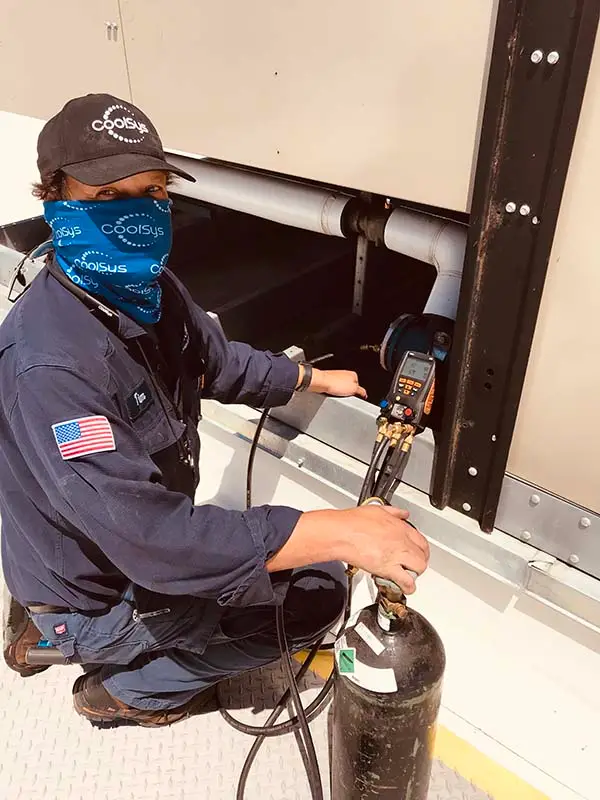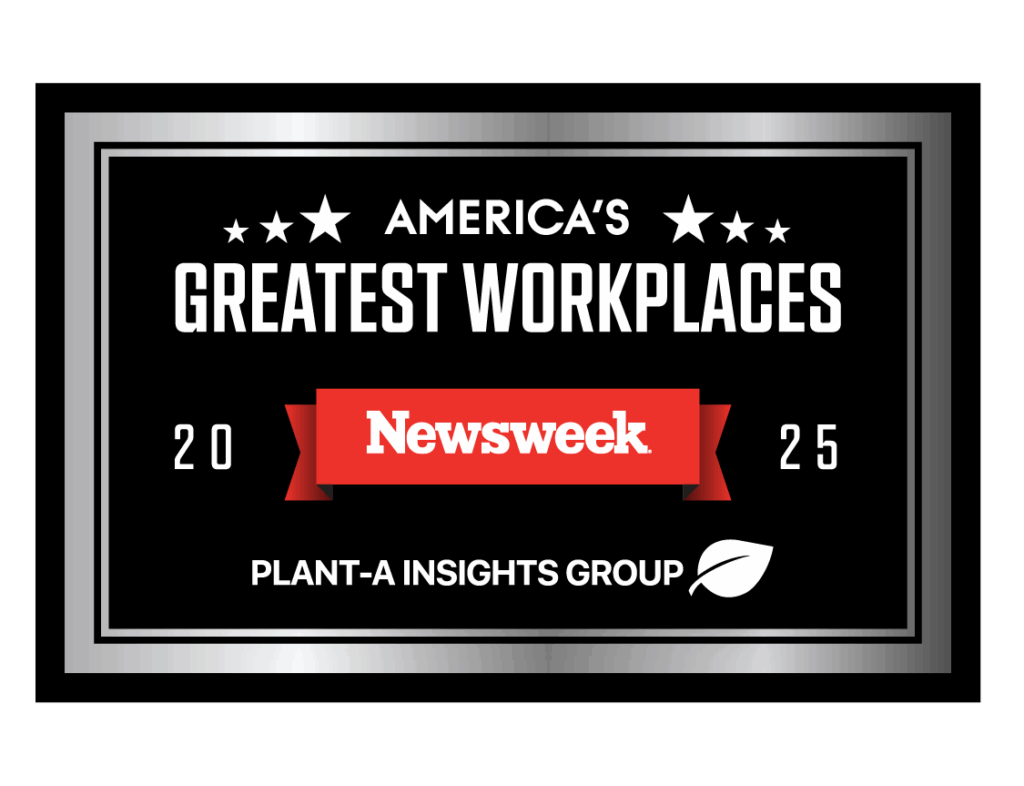Safety and sanitation are now primary concerns, and more employees expected to work from home
The COVID-19 pandemic shut down many “non-essential” businesses for several months, but this did not include supermarkets and other food retailers, most of which were busier than ever. Restaurants, on the other hand, either closed completely or else shifted to curbside/takeout service only. As a result, contractors report that while they have been kept busy servicing and maintaining refrigeration systems in grocery stores, restaurant work has slowed down considerably.
Now that shoppers are no longer stripping supermarket shelves bare and restaurants are beginning to reopen in certain parts of the country, life is getting back to normal. Or, rather, a new normal, as the pandemic has likely forever changed how businesses operate — including refrigeration contractors.
Grocery Stores and Refrigeration
CoolSys, a refrigeration and HVAC services company based in Southern California that provides service to companies all across North America, was extremely fortunate in that so many of its customers were designated as essential businesses and, therefore, remained open to serve the public during the pandemic. This included grocery retailers, convenience stores, drug stores, and cold-storage facilities, said Mike Ochoa, executive vice president of sales and marketing at CoolSys.

“The demand for service and maintenance for these essential businesses has not slowed during the pandemic,” he said. “Some installation projects, such as remodels and new facilities, have been delayed, while others have gone on as planned; it all depends on the state and local stay-at-home policies in place. We have been busy installing sneeze guards at checkout stands and counters and replacing and/or upgrading HVAC filters to add another level of protection. We are also talking with customers about refrigerated case cleaning and ensuring the proper amount of outside air and ventilation.”
While most of CoolSys’ customers allowed technicians to perform regular maintenance, there were a few that delayed their normal spring preventative maintenance due to the pandemic, said Ochoa.
“We are recommending that all customers allow their planned maintenance to be executed to avoid future maintenance expenses, equipment downtime, and dissatisfied customers during the summer months,” he said. “While we have not seen customers investing in new equipment or controls yet, there is a lot of discussion about MERV 13 and HEPA filters and UV lighting as added protection against bacteria and viruses.”
Business has remained steady at Almcoe Refrigeration, which has offices in Dallas, Tyler, and Lufkin, Texas, and specializes in the service, maintenance, and installation of commercial refrigeration systems, as well as construction of cold storage facilities. Bill Almquist, president and CEO of the company, said that they have not seen a big increase in service calls since the start of the pandemic, but he expects to see a lot more business later this year.
“The grocery store business has made a lot of money over the last few months, and we are now seeing our customers releasing big capital expenditure jobs out for bid,” he said. “They have a big influx of capital, but their equipment has been used hard these last few months. So, while we don’t see the increase in business right now, we’re expecting to see it in the third quarter this year.”
To prepare for this uptick, Almquist is busy putting together proposals and conducting equipment surveys for customers. He is also talking with grocery store customers about increased sanitation, which involves coming in afterhours to wash equipment, as well as upgrading their control systems to ensure food quality.
“We’ve also seen a desire for more cold areas for grocery pickup, for when customers order online and then pick up their orders,” he said. “Some grocery stores want larger coolers in the back room as well for similar purposes. On the cold storage side, we were already seeing four major players planning large facilities, so we see a boom in that business as well. We believe that the way America goes grocery shopping is going to fundamentally change, so stores may even get smaller. They may transition to more of a warehouse-type situation instead of an actual retail store, so orders can be processed more quickly for delivery or pickup.”


